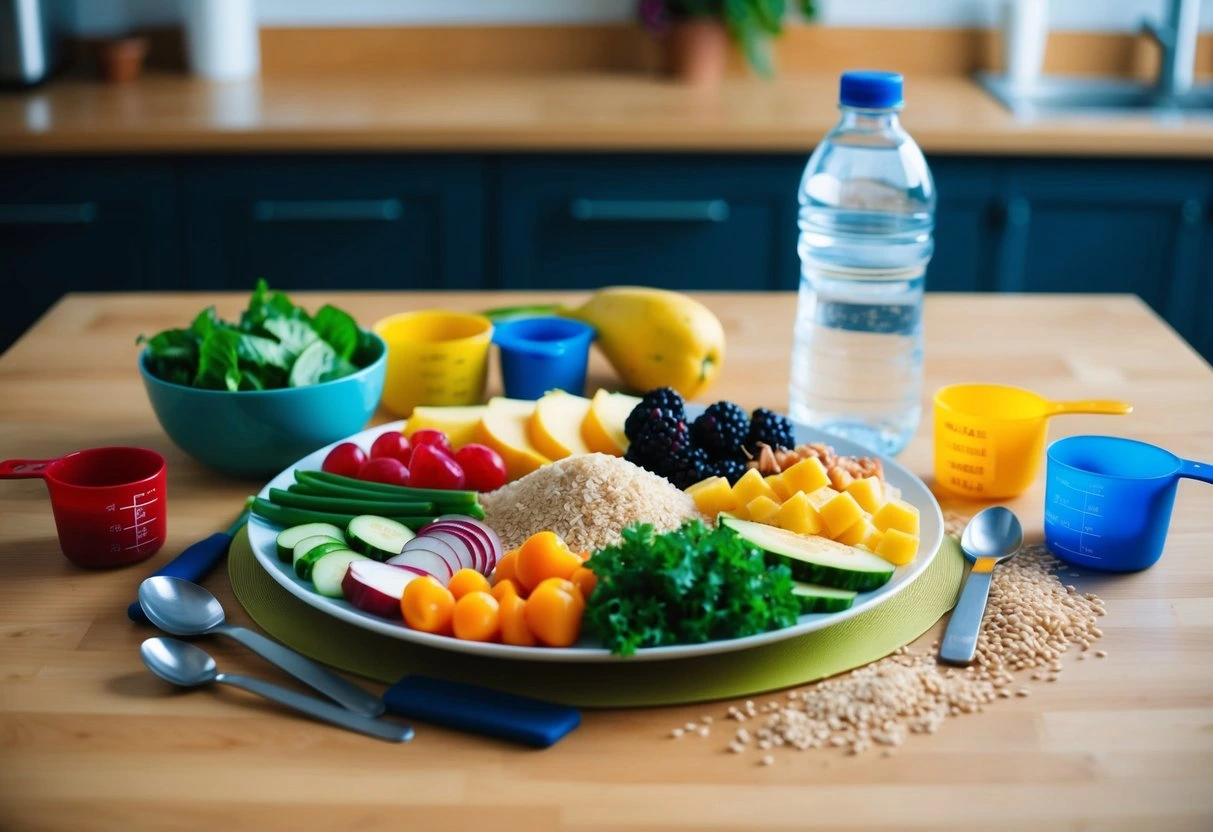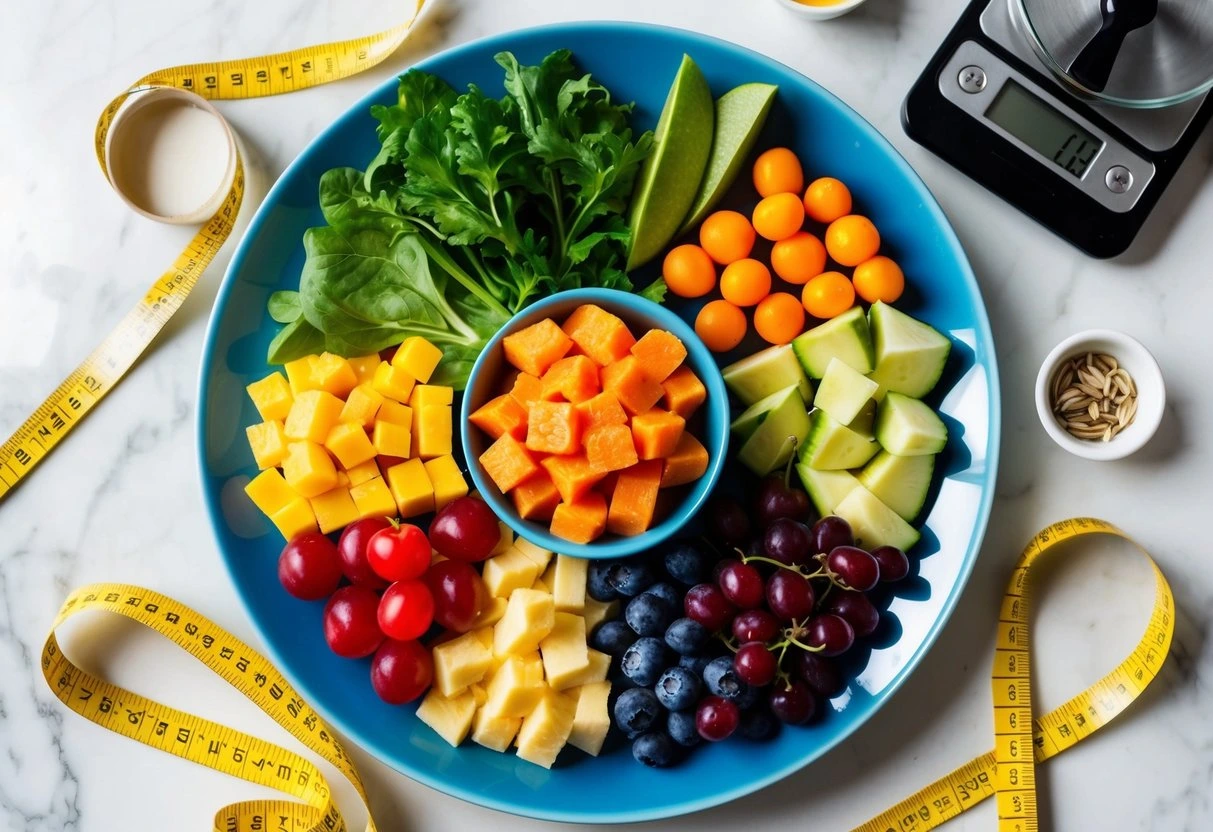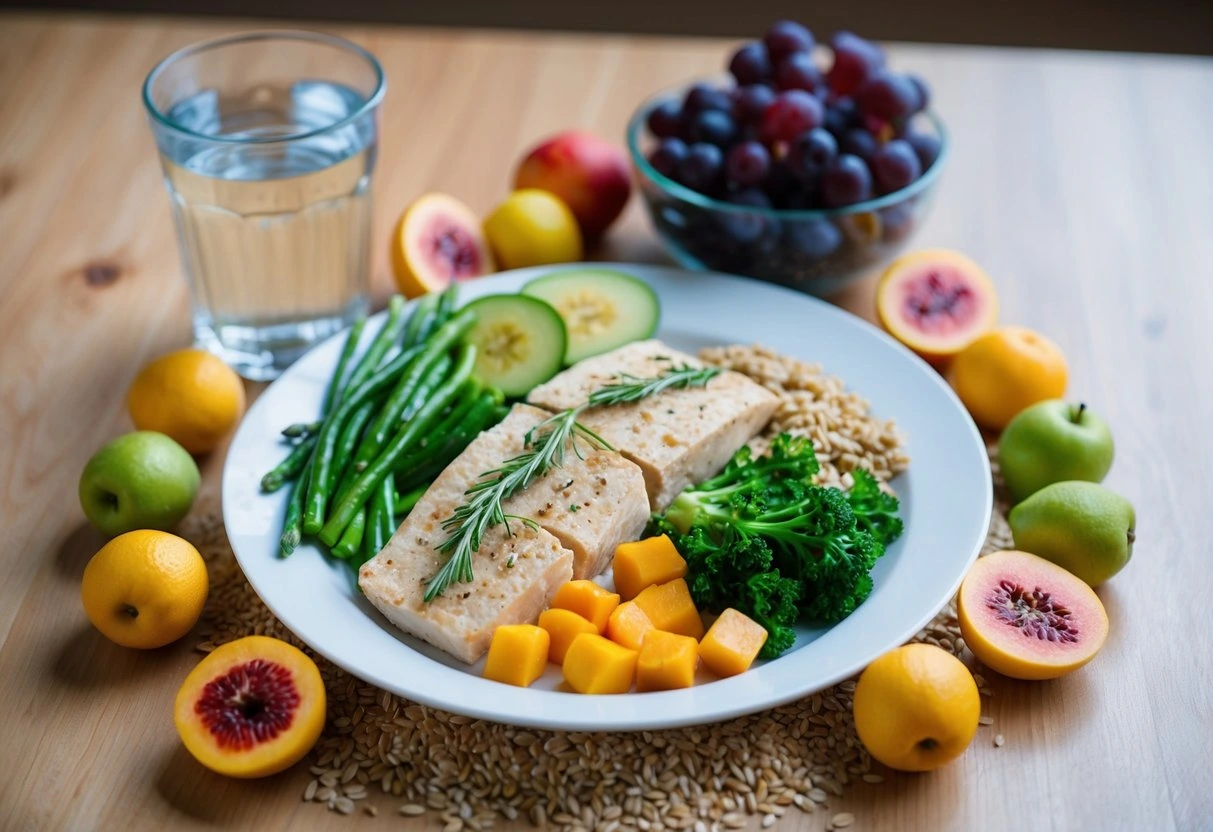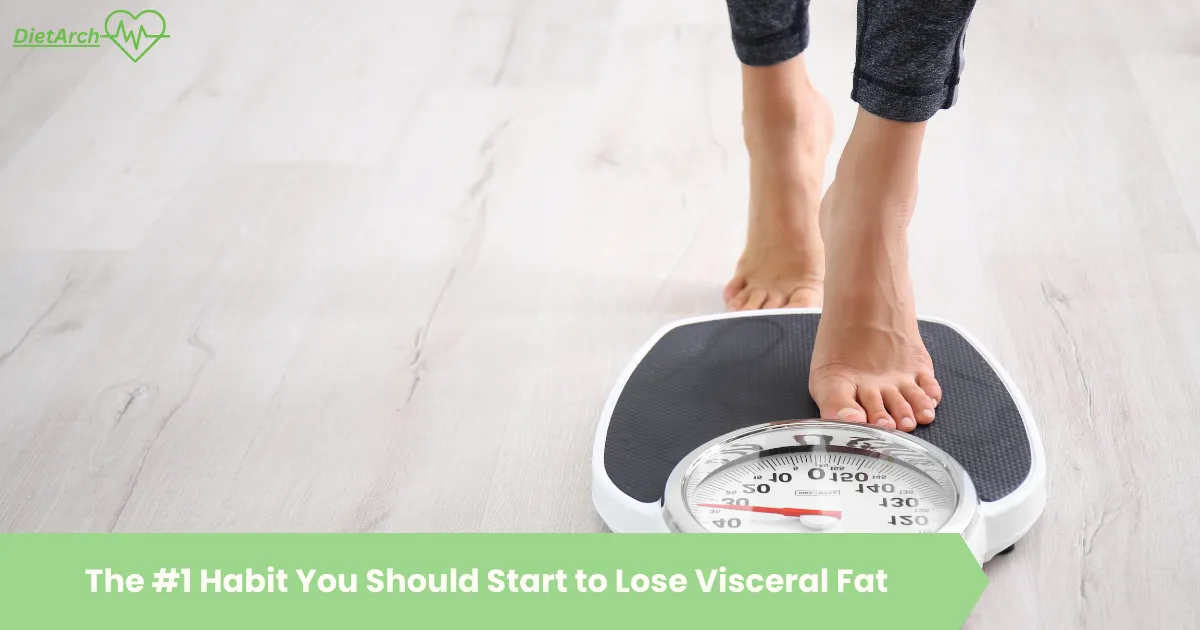1 Habit to Lose Visceral Fat: Expert Insights from Dietitians
Visceral fat is a type of body fat that can pose serious health risks. Dietitians agree that the best habit for losing abdominal fat is to eat more plant-based foods. Incorporating more fruits, vegetables, whole grains, and beans into meals can help reduce this harmful fat while improving overall health.

In addition to dietary changes, adding strength training can play an important role in managing bad fat. Strength training not only builds muscle but also supports a healthier metabolism. Making these lifestyle adjustments can lead to lasting health benefits and help individuals achieve their fitness goals.
Understanding the right habit is crucial for anyone looking to improve their health and well-being. Embracing a plant-focused diet and engaging in positive exercise habits are key steps toward a healthier body.
Key Takeaways
What is visceral Fat and its Health Implications

Visceral fat is different from subcutaneous fat, which is found just beneath the skin. It is a type of fat stored in the abdominal cavity surrounding vital organs like the liver, pancreas, and intestines. It is also known as “active fat” because it releases chemicals that can affect health.
This fat can significantly affect health, increasing the risk of various diseases. High levels of abdominal fat are linked to serious conditions such as heart disease, type 2 diabetes, and certain cancers. Diet and lifestyle choices play a crucial role in managing levels of this bad fat.
Individuals with excess bad fat may experience insulin resistance and inflammation. Keeping this fat under control is vital for maintaining overall health. Regular check-ups and monitoring can help assess fat levels.
Use this body fat calculator to calculate your fat percentage.
What is impact of diet on Visceral Fat
Diet greatly influences the amount of abdominal fat in the body. Consuming high amounts of sugar, refined carbs, and unhealthy fats can lead to an increase in unhealthy fats in body. Diet rich in whole foods is essential for a healthy body.
Incorporating more fruits, vegetables, whole grains, and lean proteins can help reduce belly fat. Foods rich in fiber, such as beans and whole grains, are particularly effective. Additionally, healthy fats from sources like fatty fish and avocados can support fat loss.
Making small dietary changes can greatly impact overall fat levels. Balancing meals and managing portion sizes are vital strategies.
1 Habit to lose visceral fat

To reduce unhealthy fat effectively, adopting a habit centered around nutrition is essential. Making conscious choices about food can lead to significant results over time. Focusing on whole foods and maintaining consistency are two critical aspects of this habit.
Making specific dietary changes can noticeably help in reducing unhealthy fat. Key strategies include adding high-fiber foods, cutting back on sugar, choosing low carb fruits and processed carbohydrates, and ensuring a balanced intake of macronutrients.
Prioritizing Whole Foods
Whole foods include fruits, vegetables, whole grains, nuts, and seeds. These foods are packed with nutrients that support health. They help the body function properly and can aid in fat loss.
Eating more whole foods means less processed food. Processed foods often contain added sugars and unhealthy fats, which contribute to belly fat. A diet rich in whole foods helps stabilize blood sugar levels and keeps energy levels steady. This can lead to better appetite control.
Dietitians recommend filling half of the plate with colorful vegetables and fruits. Foods like spinach, berries, and sweet potatoes are excellent choices. They provide antioxidants that can reduce inflammation and support fat loss. Including lean proteins, like chicken or fish, can also promote muscle maintenance and fat burning.
Incorporating High-Fiber Foods
High-fiber foods play a crucial role in managing abdominal fat. They help maintain a feeling of fullness, which can reduce overall calorie intake. Foods rich in fiber, such as fruits, vegetables, whole grains, and legumes, can support digestion and improve metabolic health. You can also choose high fiber drinks.
For instance, oatmeal, pears, and beans are great options. They not only provide fiber but also essential nutrients. Aim for at least 25 grams of fiber each day. This helps regulate blood sugar levels and can lower cravings for unhealthy snacks.

Reducing Sugar and Processed Carbohydrates
Balancing Macronutrients
Balancing macronutrients is essential for a healthy diet. This means consuming the right amounts of proteins, fats, and carbohydrates. Lean proteins, like chicken and fish, help build muscle and promote fat loss.
Healthy fats are also important, particularly those found in avocados and nuts. These fats support heart health and provide satiety.
Carbohydrates should come from whole sources like fruits and grains rather than processed options. A general guideline is to have 30% protein, 30% healthy fats, and 40% carbohydrates in daily meals. This balance can optimize metabolism and accelerate fat loss.
With the help of this Macronutrient calculator you can better plan your meals.
Importance of Consistency
Consistency is crucial when adopting new habits. Sticking to a healthy eating routine can help to lose Visceral fat. It is not just about what is eaten daily. It is about maintaining these habits in the long run.
To build consistency, planning meals and snacks can be very helpful. Creating a weekly menu allows for structured choices that align with health goals. Keeping healthy snacks, like nuts or yogurt, readily available can reduce the temptation to choose unhealthy options.
Additionally, tracking food intake may help individuals notice patterns in their eating habits. This can lead to better decision-making and improvements over time. Regularly revising and adjusting goals keeps the focus sharp and motivation high.




